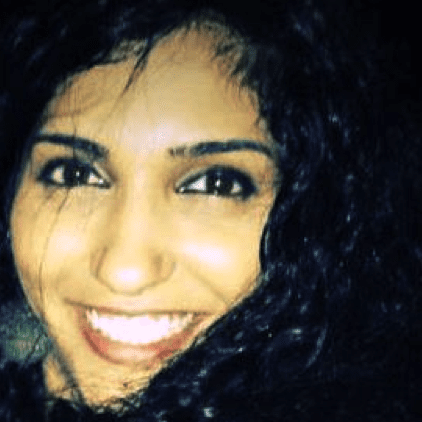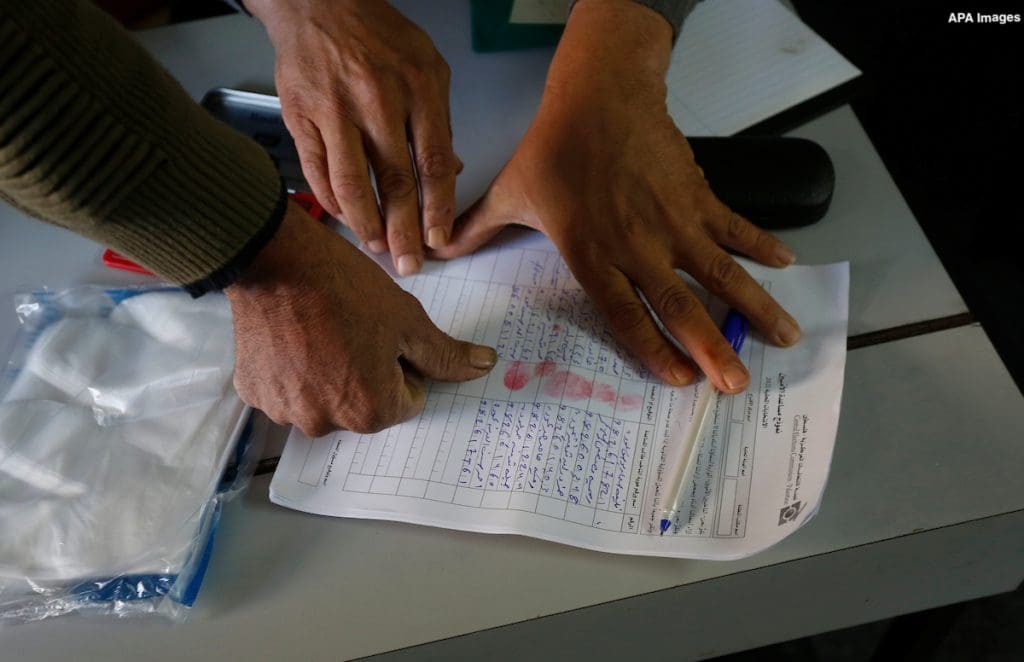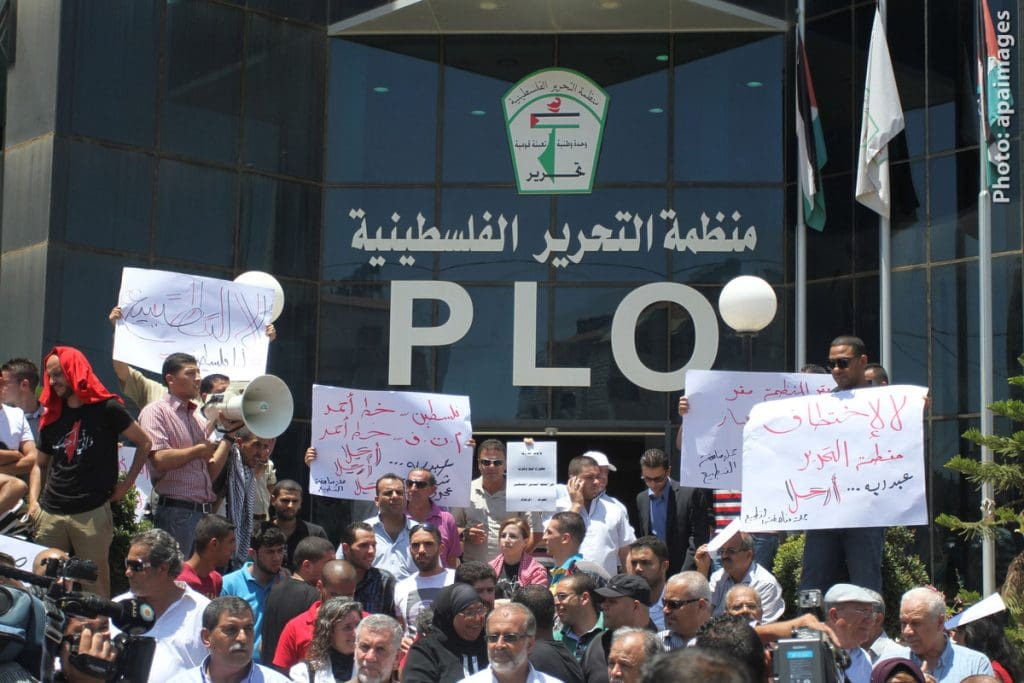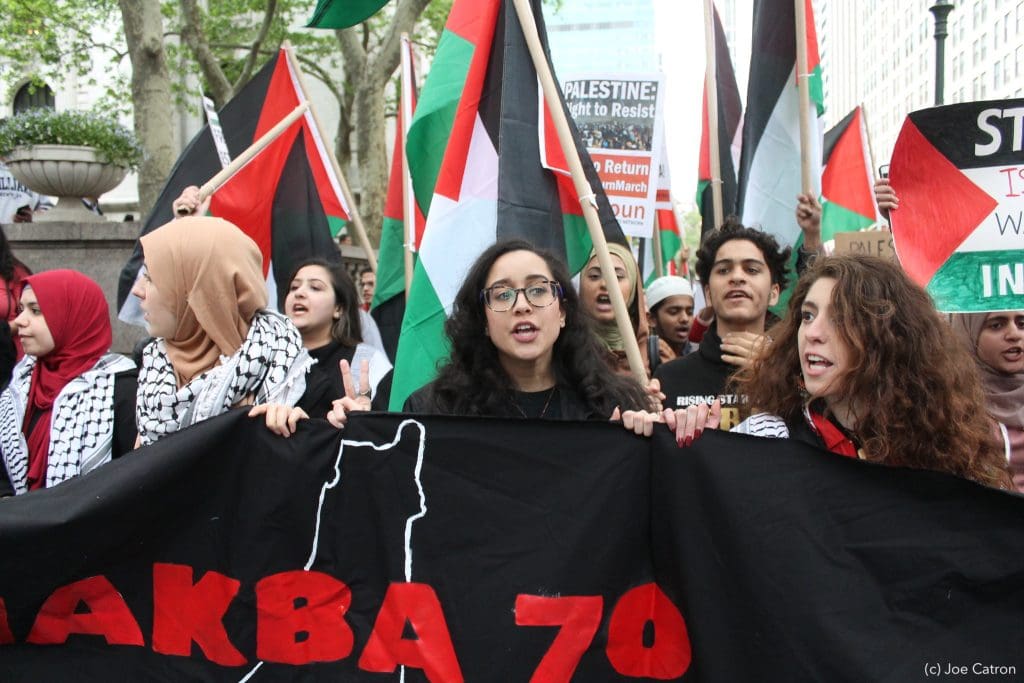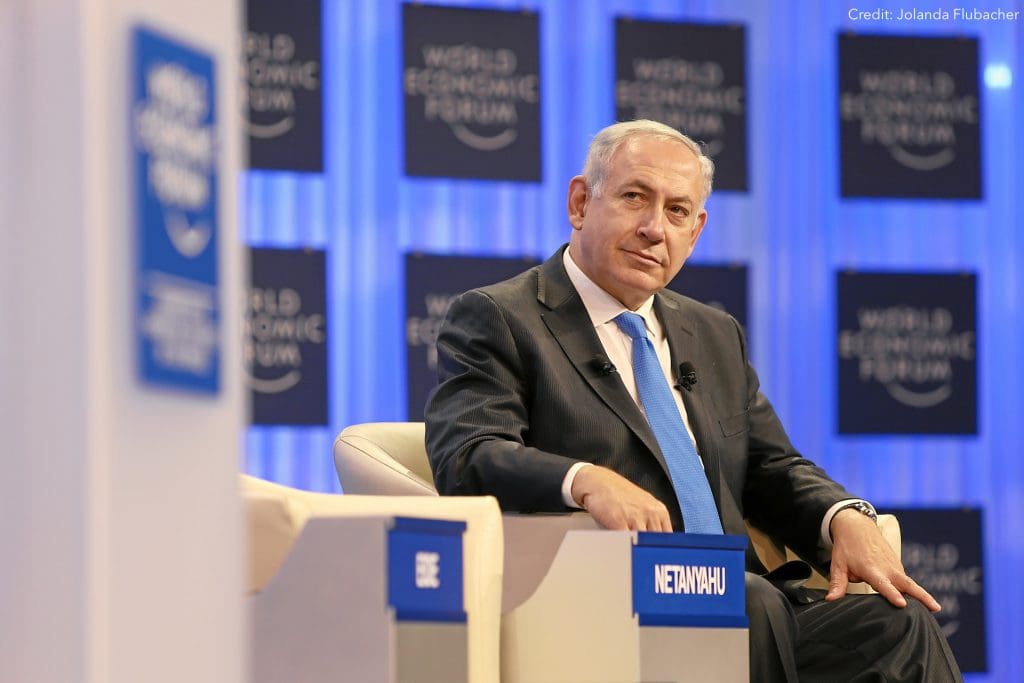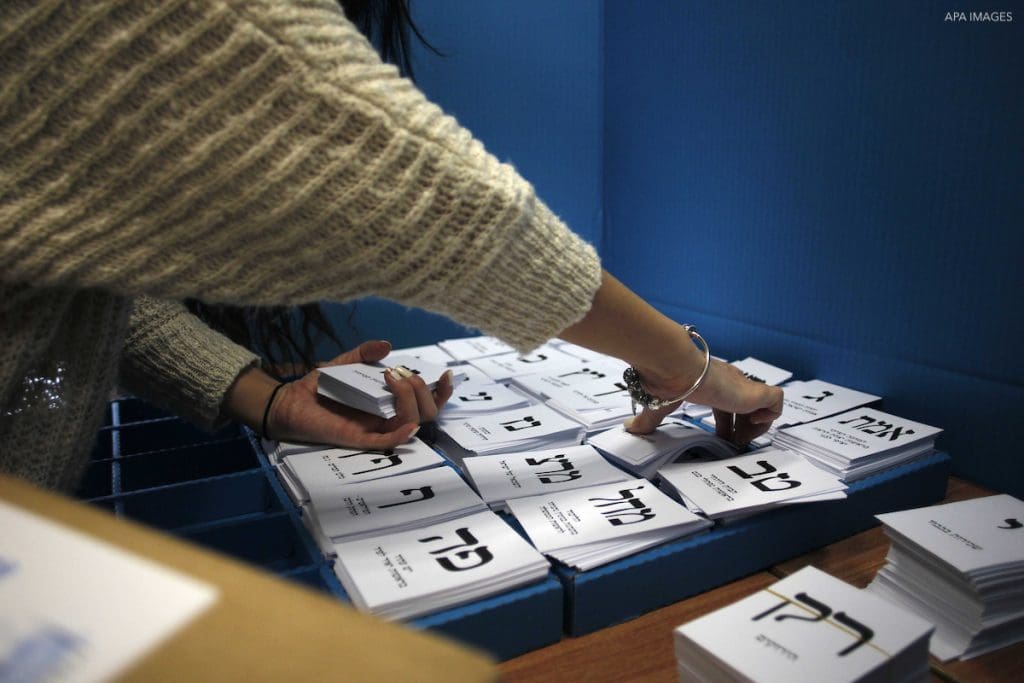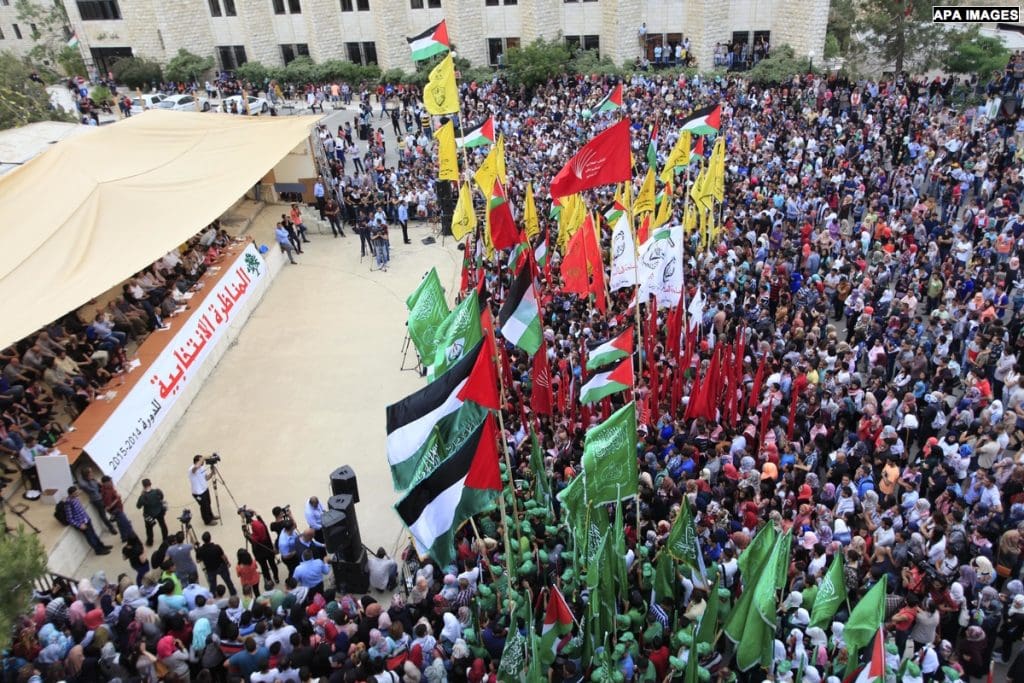Dr. Nijmeh Ali is a Fellow at the National Centre for Peace and Conflict Studies (NCPCS), University of Otago and a lecturer in the GDCR program at Otago Polytechnic. Her research focuses on resistance and activism within oppressed groups, particularly among Palestinian activists in Israel. Her research provides a critical perspective on studying resistance and revolution in non-western societies and challenges the classic liberal framework of citizenship. It also deals with exposing strategies used by oppressed and marginalized groups in resisting their subjugation; therefore, it applies to women, minorities, refugees, and migrants.
From this author
As the Israeli regime continues its genocidal campaign against Palestinians in Gaza, many have begun to weigh in on the future of Hamas and of Palestinian leadership more broadly once the bombardment ends. One of the dominant proposals is the revival of the Palestine Liberation Organization (PLO), with Hamas as a member party.
But revival of the PLO requires more than bringing Hamas into the fold, as the Fatah-controlled PA has effectively whittled down the PLO to a barren institution. What then, beyond inclusion, is needed in order to resuscitate the viability of the PLO? In an effort to strengthen the generative thinking around these questions, Al-Shabaka revisits a collection of its past works that sought to confront this very topic.
Palestinians have for years attempted to revive their national representative, the Palestine Liberation Organization (PLO). As part of these efforts, many Palestinians have demanded direct elections to the Palestinian National Council (PNC), the PLO’s legislative body.

Nijmeh Ali· Apr 7, 2022
The Israeli regime’s continued annexation of Palestinian land, alongside expanding normalization with Arab governments, makes it imperative for the Palestinians to revive the PLO and reclaim its role as the sole legitimate representative of all Palestinians. Doing so is essential to restoring the Palestinian national project and collective vision, particularly given the failure of the PA and its two-state model. In this policy lab, Belal Shobaki and Nijmeh Ali join host Alaa Tartir to discuss the importance of activating the PLO in the current context and ways to revive the institution as the sole legitimate and democratic representative of the Palestinian people worldwide.



How can the PLO maintain accountability as both a national liberation movement and governing body? How might Hamas and Islamic Jihad be integrated after decades of exclusion? What models of Palestinian youth leadership can be further developed?


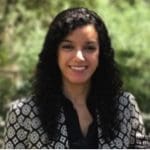

+
Israeli Prime Minister Benjamin Netanyahu has dominated Israeli politics for nearly 25 years, first between 1996 and 1999 and then again since 2009. Winning a total of five elections, he has become the longest-serving prime minister in the country's history and has laid the foundation of the model of one-man rule in Israel. He has consolidated his political power.

Nijmeh Ali· May 31, 2020
Many are debating whether the re-emergence of a united Joint Arab List will result in increased Palestinian voter turnout in this month’s Knesset elections, but for those who advocate for an election boycott, the status of the Joint List is moot. In this roundtable debate, Al-Shabaka’s Nijmeh Ali and Yara Hawari argue against and for boycotting Israeli elections, respectively.


Palestinian parties remain entrenched in the political system despite their splits and weaknesses. What role can they play within - or outside - the PLO and what other avenues exist for national or local leadership? While some Al-Shabaka policy analysts offer ideas beyond the current political set-up, others suggest ways to make the current structure work.
The Joint List largely represents the Palestinian citizens of Israel. Yet will it really challenge their second-class status and prevent the erosion of the rights they still have? Al-Shabaka analysts Diana Buttu, As’ad Ghanem, and Nijmeh Ali differ as they address the problems and potential of the Joint List.








